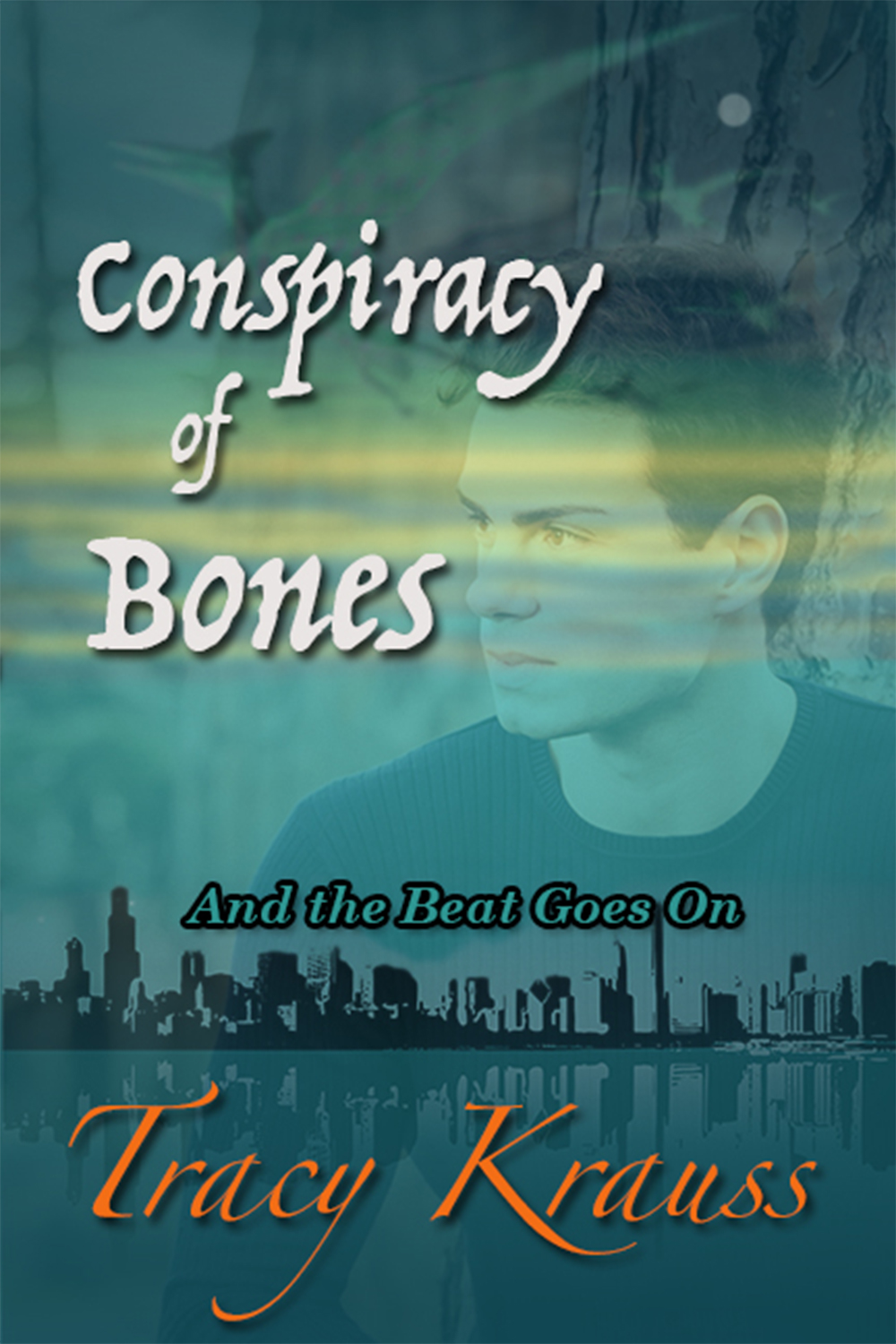
Get your free copy of this award winning book.
I know, I know. You’re getting sick of everyone talking about ChatGPT. In case you’ve been asleep, ChatGPT is the revolutionary and utterly jaw-dropping AI technology that can write original content with just a few prompts – and sound darn human while doing it! YIKES! Will this be the end for writers?!?!

I don’t think so. While it is truly amazing, and while it may cause some fear and trepidation for certain groups of people (teachers as an example) I don’t think it is going to take over the world – yet.
I had some fun experimenting with it the other day. I tried several different prompts with differing results. When I asked it to write me a 600 world article on the importance of fiction, it actually came up with a pretty good offering. It was readable and friendly, in a nice multi-paragraph format that any teacher would be proud of, and it actually had some good ideas about why fiction is important. On the other hand, it sounded very formulaic. If a student handed it in, I would spot it as a fraud in a second. The article had no soul.
 As a teacher myself, I have some concerns about students using ChatGPT to cheat on assignments. I attended a seminar on the topic and as the facilitator said, if you actually know your students, it’s pretty easy to spot. It may also mean that teachers are going to have to get creative about how they assess their students. Times, they are a-changin’.
As a teacher myself, I have some concerns about students using ChatGPT to cheat on assignments. I attended a seminar on the topic and as the facilitator said, if you actually know your students, it’s pretty easy to spot. It may also mean that teachers are going to have to get creative about how they assess their students. Times, they are a-changin’.
I tried some other prompts, too. I asked it to write about me as a novelist. To my surprise, it came up with a few true statements, probably gleaned from my website. It also came up with A LOT of garbage! It got most of the information wrong, wrong, wrong. (Apparently, my book MY MOTHER THE MAN-EATER is about a daughter who is surprised to find out her mother is a cannibal. Yeah, right.) It listed many of my books but also attributed several others to me that I did not write. Hm.
I asked it to write about the Jewish month of Sh’vat, and it got that wrong, too. The moral of the story is, if you’re going to use it to write stuff for you, you will need to do some thorough fact-checking afterward!
Here is what ChatGPT said about itself when I asked it to write a short piece describing how it works:
“ChatGPT is an artificial intelligence language model that uses Natural Language Processing (NLP) technology to understand and respond to text-based user input. It is designed to engage in conversation with users in a way that simulates human conversation, using a combination of pre-written responses and real-time analysis of user input.
When a user enters text-based input, ChatGPT uses machine learning algorithms to analyze the text and determine the meaning behind it. It then selects a pre-written response that is most appropriate for the user’s input or generates a new response based on its analysis of the input. ChatGPT’s responses are designed to be natural and conversational, and it can recognize and respond to a wide range of topics.
ChatGPT’s responses are generated based on its training data, which consists of vast amounts of text data from a variety of sources. This data is used to train the machine learning algorithms that power ChatGPT, allowing it to recognize and respond to a wide range of topics.
ChatGPT is constantly learning and evolving based on the conversations it has with users. It can recognize and respond to user input more accurately as it learns from the conversations it has. ChatGPT also uses sentiment analysis to understand the emotions behind user input and respond appropriately.
Overall, ChatGPT is a powerful tool that can be used for a variety of purposes, including customer service, education, entertainment, and more. Its ability to engage in natural and intelligent conversation with users makes it a valuable asset in many different industries.”
Sounds like it thinks it’s the cat’s meow.
I think there will always be room for truly creative thinking as in “human” thinking. I don’t think it has the capability to re-create that human element yet, although it is a close facsimile. Technical manuals – yes. Form letters, informational articles, mundane business – yes. Fantasy novels and short stories full of life and soul – not so much.